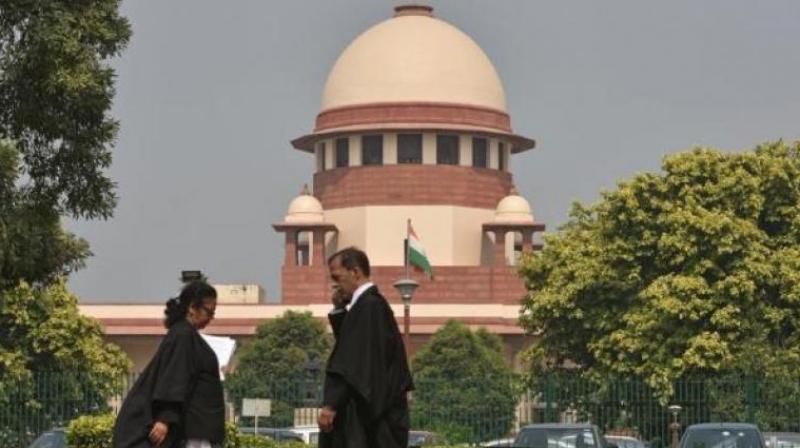DC Edit | 370: Hearing long overdue

Chief Justice of India N.V. Ramana’s suggestion that the Supreme Court of India could in July take up for consideration petitions challenging the abrogation of Article 370 conferring special status to Jammu and Kashmir and the J&K Reorganisation Act, 2019 which split Jammu and Kashmir into the two Union territories of Jammu and Kashmir, and Ladakh, is welcome.
If it indeed happens, it would have been nearly three years since the petitions have been pending. In this period, the court has shown no inclination to decide on an issue wherein the petitioners felt the government was using its numbers in Parliament to impose laws on them. However, the court is also yet to hear a petition against the Citizenship (Amendment) Act, 2019, despite there having been a hue and cry that the law militates against the fundamentals of our Constitution, including Article 14 that guarantees all people equality before law and equal protection of the law. In a similar vein, it did not feel it necessary to hear a series of petitions against laws that sought to govern India’s agriculture and food sector despite lakhs of farmers protesting on the streets for months on end. Worse, the court has shown little sympathy to the people who rushed to it with habeus corpus petitions stating that their relatives had been apprehended by the state machinery in Jammu and Kashmir after the abrogation of Article 370 and that they had little information about them.
In a democracy, courts often leave the desirability of a law or otherwise to the wisdom of the elected representatives. But the judiciary is the only option left to the people if they believe that their elected representatives have gone against the basic tenets codified in the Constitution. If the judiciary does not act in time, it could give a sense of impunity to the executive to violate the Constitution at will using parliamentary majority. The court can decide the issue whichever way it deems correct, but a timely ruling is critical to the survival and success of democracy.

